Farmers’ Hubs Agri-Marketing Enterprise in Bangladesh
Pancer Tani in Indonesia
Farmers’ Hubs in Senegal
Farmers’ Hubs in Nigeria
Farmers’ Hubs in Kenya
PADAER in Senegal
Gansu Vegetables in China
Gansu Goji Berry in China
Agri-Entrepreneur Growth Foundation in India
10,000 Women Agri-Entrepreneurs in India
Nutrition in City Ecosystems
Soluta-ag

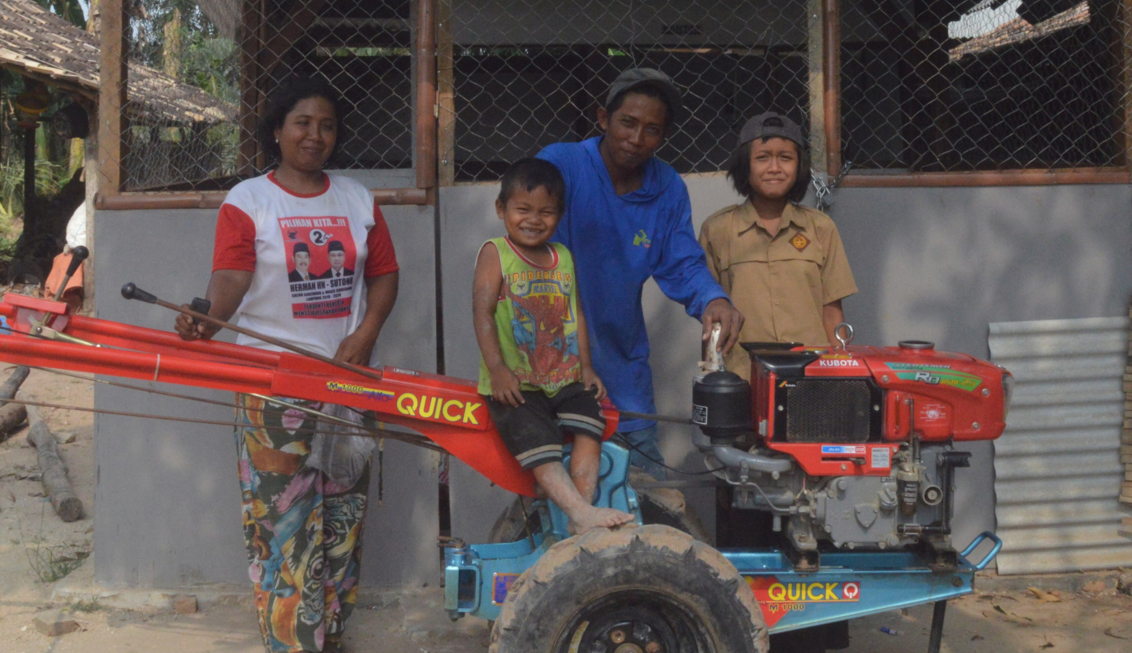
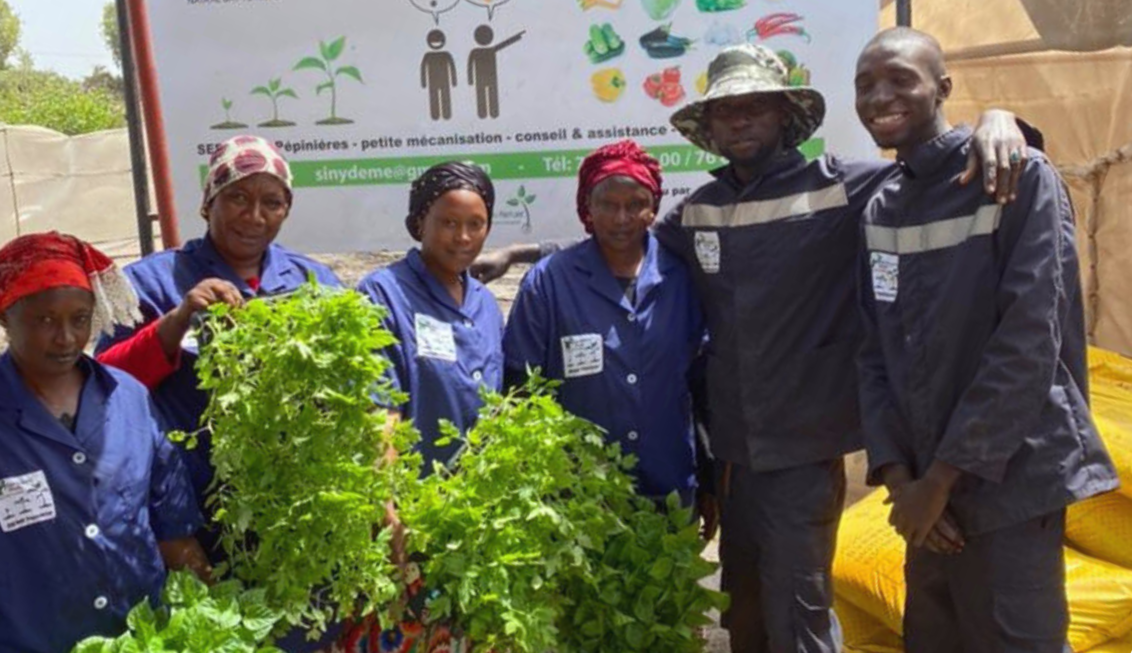
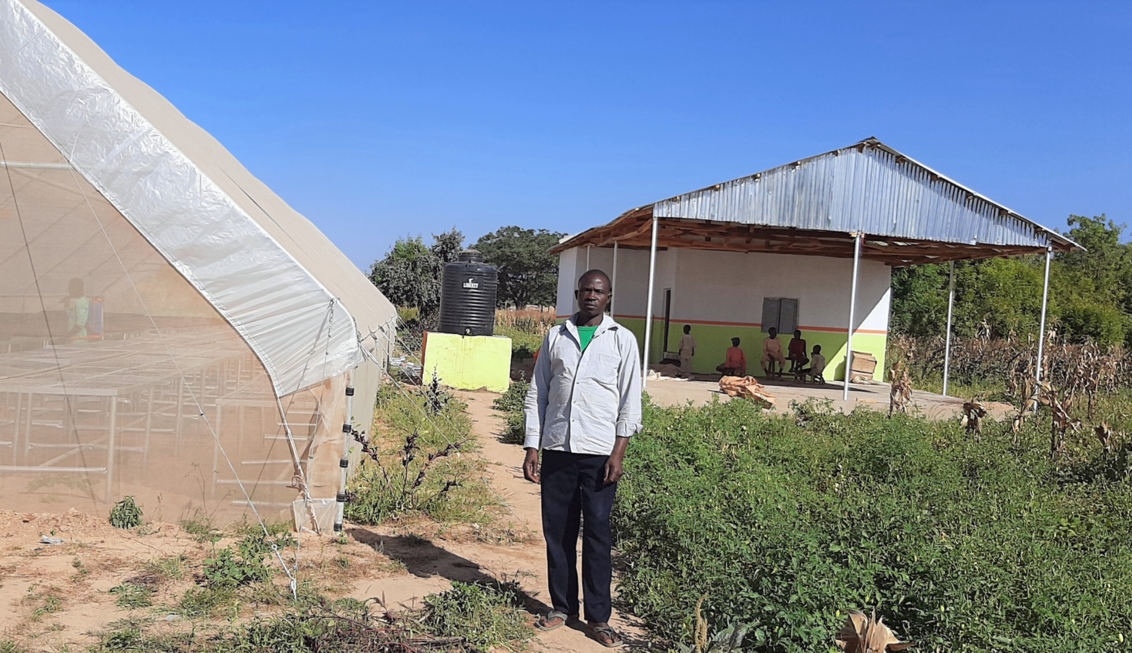

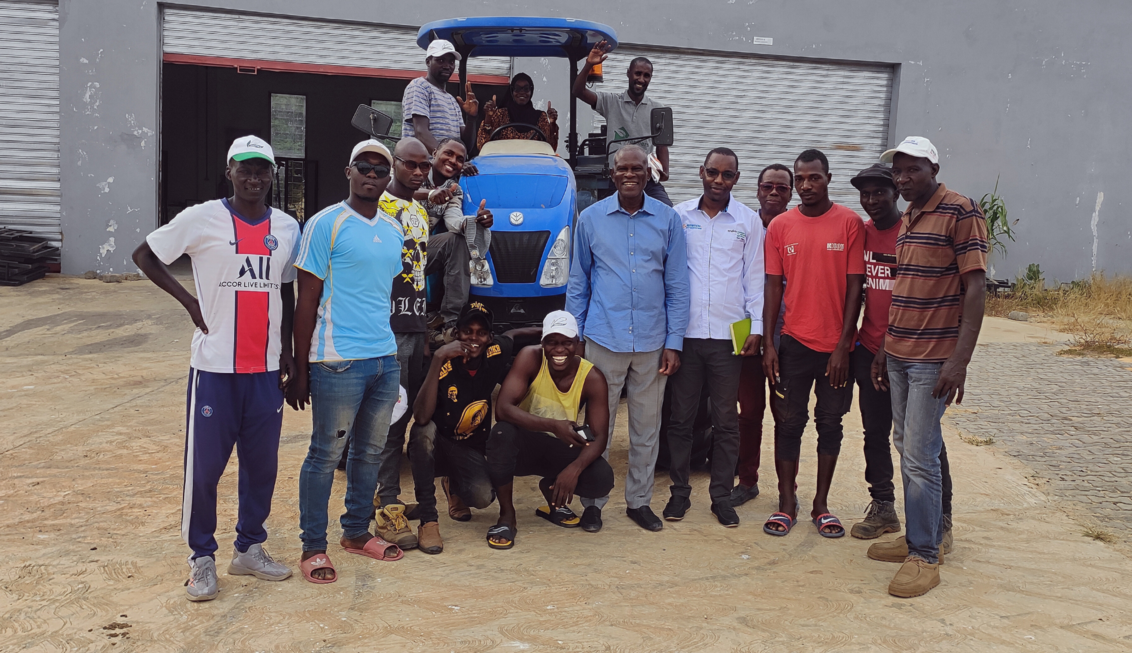

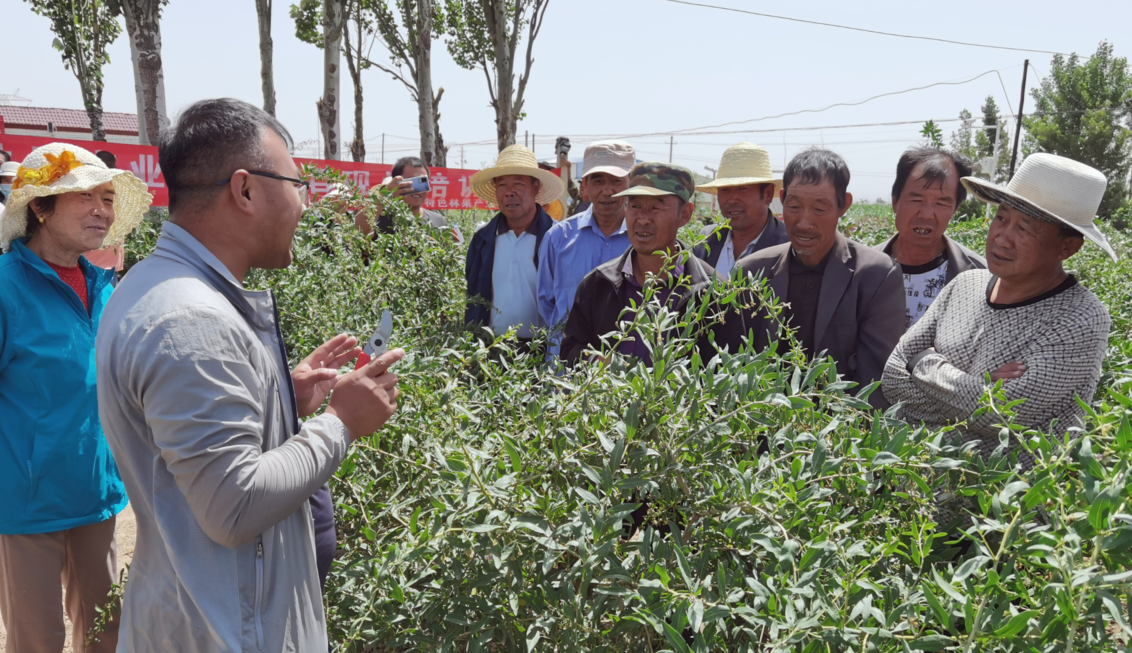
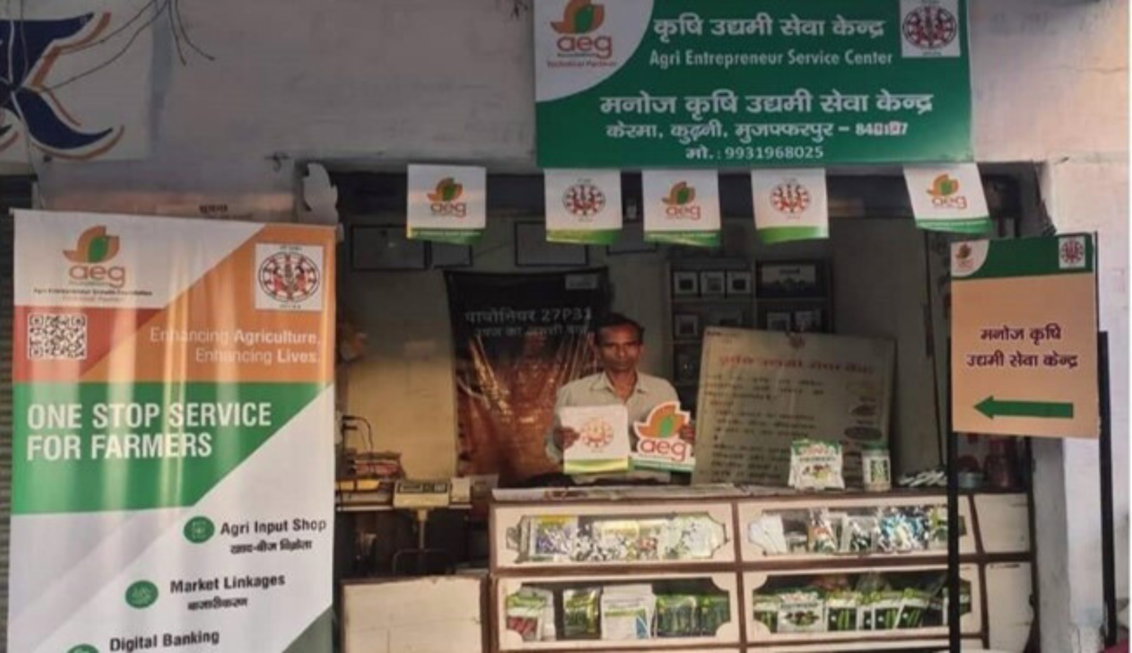
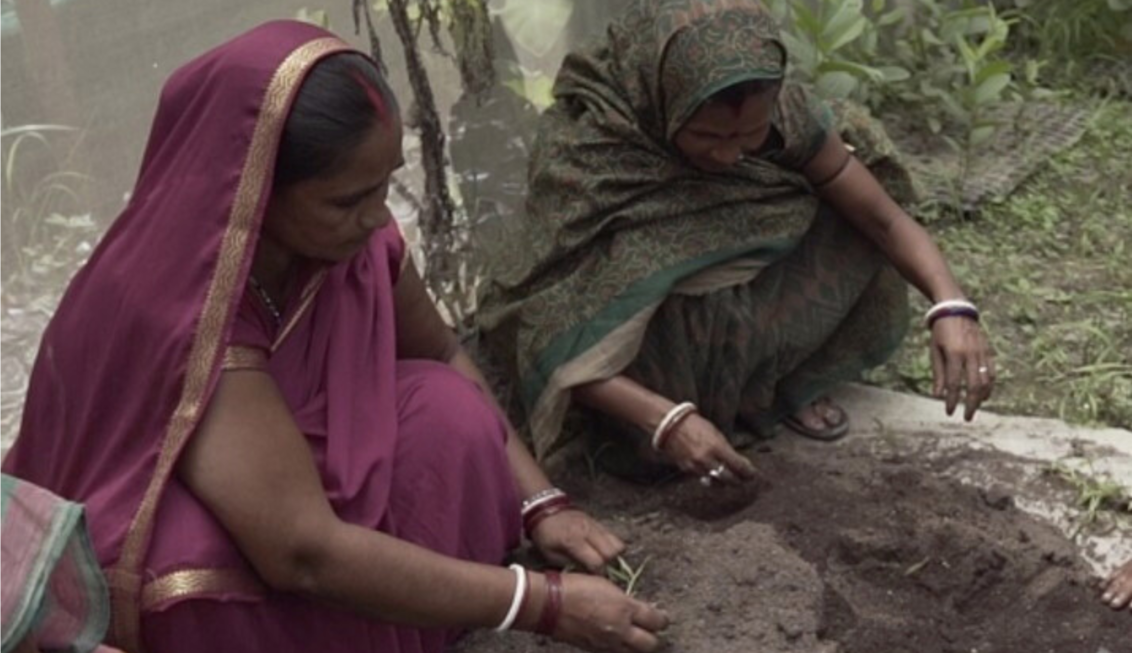
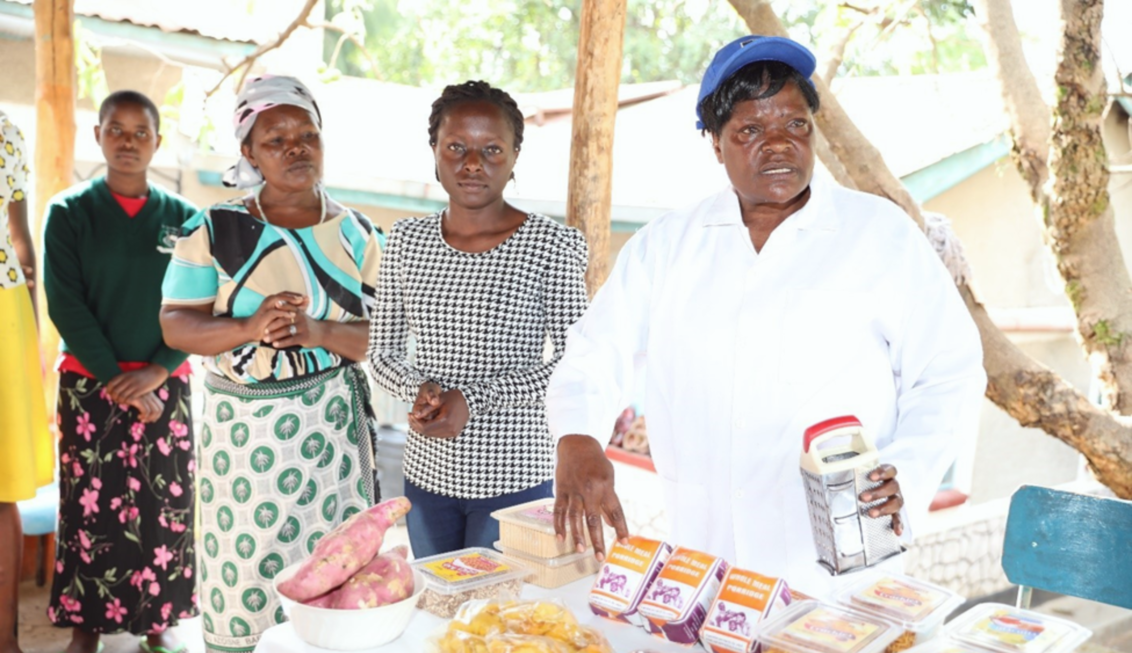
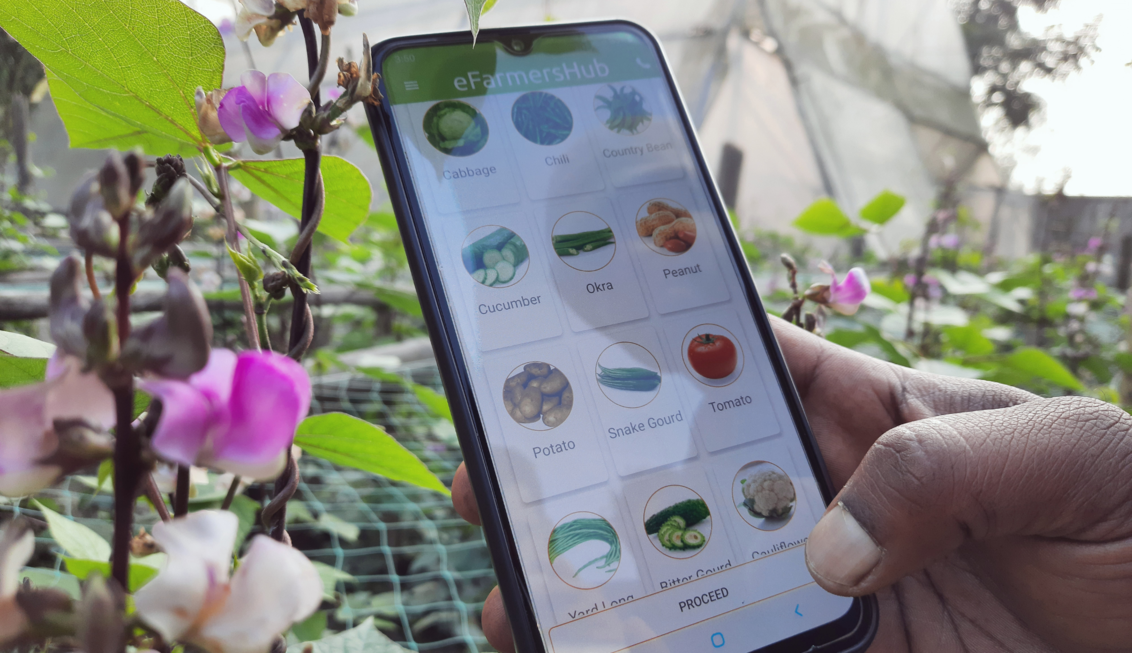
Access to quality inputs, knowledge, modern technologies, and markets is limited for smallholders, making agriculture less profitable and less attractive to the younger generation. In Bangladesh, we aim to transform the agricultural market ecosystem by promoting agri-entrepreneurship among rural youth through the Farmers' Hub agribusiness model. The model serves as an input-output marketplace that enables efficient technology transfer, leading to sustainable agri-businesses.